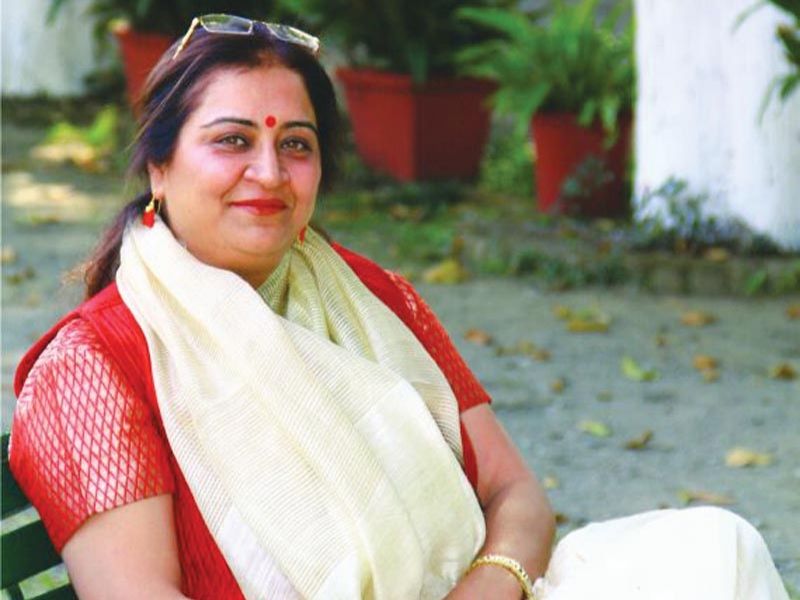 Gunmeet Bindra
Gunmeet Bindra
Co-founder, DPS, Rajpura
An alumna of Calcutta University and the Delhi School of Economics, Dr. Gunmeet Bindra was appointed the first woman principal of a Top 10 ranked all-boys boarding school — Welham Boys, Dehradun (WBS, estb.1937) in 2012. After an eight-year tenure at WBS during which the school was ranked #1 under the parameter of leadership for four years consecutively by EducationWorld, Dr. Bindra resigned her office in March to co-promote the greenfield Delhi Public School, Rajpura.
What are the major challenges confronting K-12 education in the new Covid-19 era?
This pandemic has taken the world by surprise. While the future is unpredictable, there’s no doubt the education landscape will be radically different and schools will need to progress from educate to educare. More specifically, the biggest challenge confronting K-12 educators is to introduce effective blended learning — a blend of digital and conventional classroom learning — with focus on developing scientific thinking and discovery. The next challenge is to define the role of parents in the education delivery process. Parents need to become meaningfully involved to enable their children as they switch from conventional to blended learning and increasingly, working from home. However, given the social, physical and mental resilience developed by Indian society over the centuries, our schools, parents and children are likely to emerge stronger from the Covid-19 crisis.
Several state governments have issued fees waiver/deferment circulars to private school managements. What’s your comment?
These circulars and directives are re-affirmation of the dismally low priority that the Central and state governments accord to education of the country’s children and youth. It’s important for government and parents to grasp that although schools are closed, education delivery has not stopped. Teachers are working harder than before to ensure continuity of learning. Fee waivers and deferment proposals indicate disrespect for teachers. In fact, they belittle not only teachers and schools but the importance of education.
What are your Top 3 proposals for reviving and reforming K-12 education in India?
The quality of teacher training in B.Ed institutions is pathetic. Therefore, establishment of excellent, globally benchmarked teacher training institutions on the IITs (Indian Institutes of Technology) model should be a national priority. In the post-Covid scenario, it has become a greater imperative to produce teachers equipped to prepare children to succeed in the VUCA (volatile, uncertain, complex and ambiguous) age that is already upon us. Secondly, government, school examination boards and all stakeholders in K-12 education, need to press for a shift from acquisition of knowledge to application of learning. For this, we need to reform the examination system to reward this type of teaching-learning. And finally, government, society and education stakeholders need to pull out all stops to attract intelligent and competent individuals to the teaching profession. Teachers must be respected and paid well. For this to happen, education has to move to the top of the national development agenda.
In light of your long experience as principal of the high-ranked Welham Boys, what will be the differentiating characteristics of DPS, Rajpura?
I had the privilege of leading the nationally respected WBS for almost nine years during which the school moved from strength to strength, and I have evolved as a school leader. Given the benefit of my long experience in K-12 education, I am confident DPS, Rajpura will be a progressive, forward thinking school. We intend to create a vibrant and happy learning environment, encouraging and empowering students and faculty to become the best version of themselves and live lives of optimism and wellbeing. We will do all that’s needed to adapt the best practices from schools that I have had the honour to lead. DPS, Rajpura’s core values have been adopted from the discovery framework of the London-based Round Square Association of the world’s best schools which also accord high priority to sports education.





















